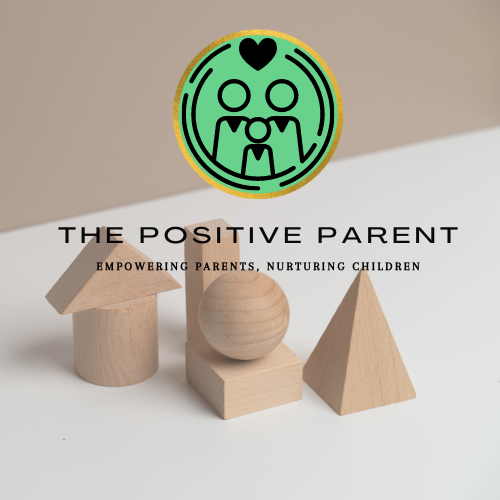Keeping the Internet Safe for Children: A Guide for Parents and Guardians

On February 11, 2025, we will commemorate better Internet Day, which is an excellent time to consider how we might build a better online environment for our children. The internet is a great source of information, learning, and entertainment, but it also poses concerns. Here, we'll look at practical actions parents and guardians may do to safeguard their children's online safety. The Importance of Internet Safety The internet has become an essential part of our everyday lives, especially those of our children. The digital world provides several benefits, including educational materials, online classes, gaming, and social networking. However, it also exposes children to possible risks including cyberbullying, unsuitable information, internet predators, and privacy problems. Ensuring children's online safety is critical to protecting their well-being and guiding them appropriately through the digital realm. Understanding the Risks Before implementing safety measures, it's...



.png)

